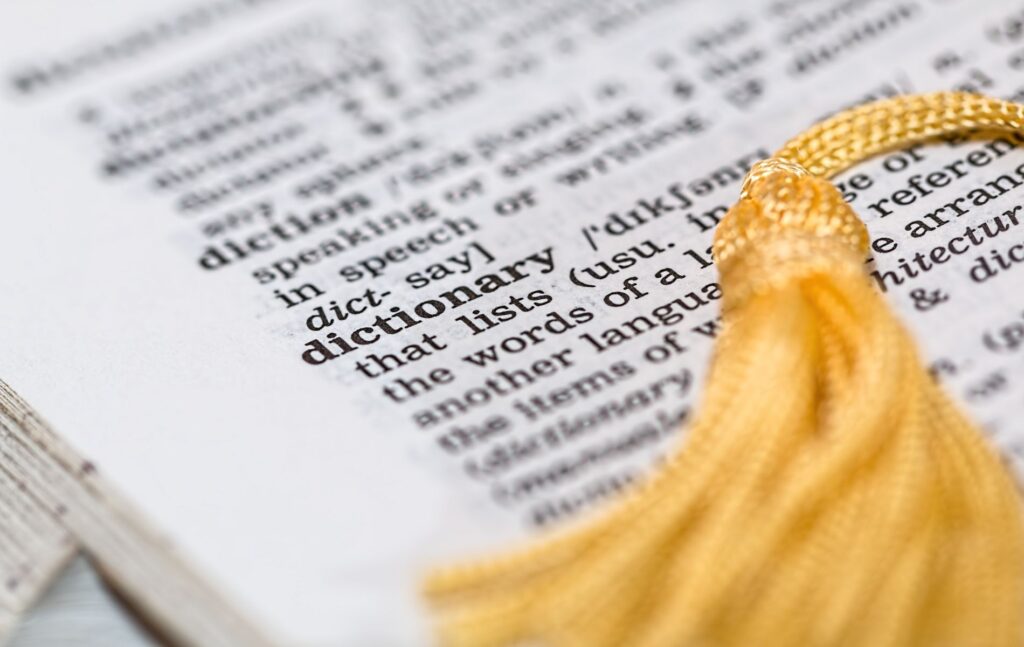Which is the Oldest Language in the world?
Table of Contents
Toggle
Welcome to our exploration of the oldest language in the world, a topic steeped in the rich tapestry of human history and cultural evolution. Language stands as a cornerstone of human communication, a tool that transcends barriers and binds societies together. From the earliest utterances of our ancestors to the complex linguistic systems of today, the evolution of language mirrors the journey of humanity itself, reflecting our ingenuity and adaptability. In this blog post we looked at what we think is the five most impotent factors to decide the oldest language keep in mind there others factors with that been said let’s jump right into it.
1- Communication

Language serves as the bedrock of communication, enabling individuals and communities to convey thoughts, emotions, and ideas. Through language, we forge connections, share experiences, and collaborate towards common goals. As societies evolve, so too does language, adapting to meet the ever-changing needs of its speakers. From the simple grunts and gestures of our ancestors to the sophisticated linguistic structures of modern languages, the evolution of communication has been a testament to human creativity and ingenuity.
2- Grammar

Grammar acts as the scaffolding that supports the structure of a language, providing a framework of rules and conventions that govern how words are arranged and sentences formed. By adhering to grammatical principles, speakers ensure clarity and coherence in their communication, enabling effective exchange of information. Across languages, grammar plays a vital role in maintaining consistency and facilitating mutual understanding among speakers. Through the study of grammar, linguists gain insights into the underlying mechanisms that shape language and its evolution over time.
3- Speech

The origins of spoken language remain shrouded in mystery, yet its impact on human interaction and cultural development is undeniable. From the earliest vocalizations of our ancestors to the complex linguistic systems of today, speech has served as a primary mode of communication. As societies form and evolve, so too does the diversity of speech, reflecting regional accents, dialects, and cultural nuances. The study of speech provides valuable insights into the evolution of language and the intricate interplay between sound, meaning, and social context.
4- Writing

The advent of writing marked a significant milestone in human history, revolutionizing the way knowledge and culture are preserved and transmitted across generations. From the pictographic scripts of ancient civilizations to the alphabets and syllabaries of today, writing systems have evolved to accommodate the diverse languages and dialects of the world. Through writing, societies have been able to document their histories, record scientific discoveries, and express artistic creativity. The written word serves as a timeless repository of human thought and expression, bridging the gaps of time and space to connect us with our past and future.
5- Evolution

The evolution of language is a testament to the dynamic nature of human communication, reflecting the complex interplay of cultural, social, and environmental factors. From its humble beginnings as a means of survival to its role as a vehicle for artistic expression and intellectual inquiry, language has continually adapted and diversified to meet the needs of its speakers. As languages spread and interact with one another, they undergo processes of borrowing, adaptation, and innovation, leading to the rich tapestry of linguistic diversity observed today. By tracing the evolution of language, we gain a deeper understanding of our shared human experience and the myriad ways in which language shapes our world.
Conclusion
In conclusion, language stands as a cornerstone of human society, shaping our thoughts, beliefs, and interactions with the world. From the earliest forms of communication to the complex linguistic systems of today, language has been a driving force behind human progress and cultural exchange. By understanding the importance of language in human society, we gain a deeper appreciation for its role in shaping our understanding of the world and our place within it. As we continue to explore the mysteries of language and its evolution, let us embrace the power of communication to unite, inspire, and enrich our lives.
